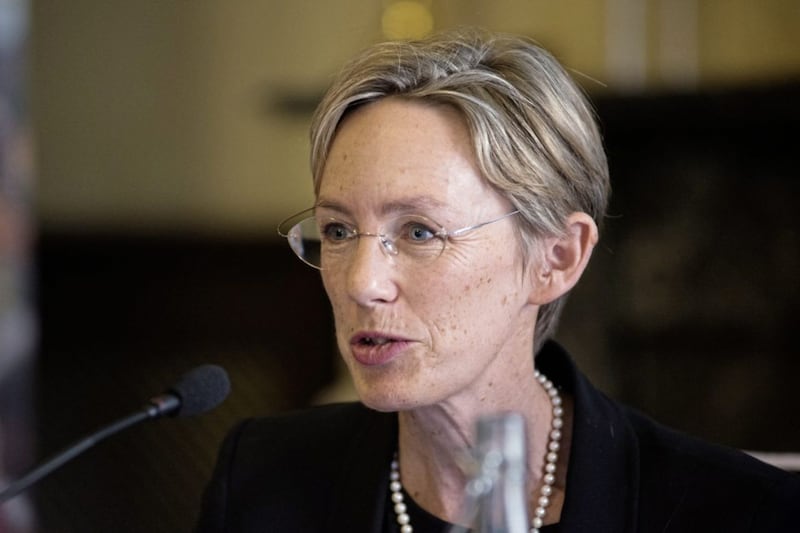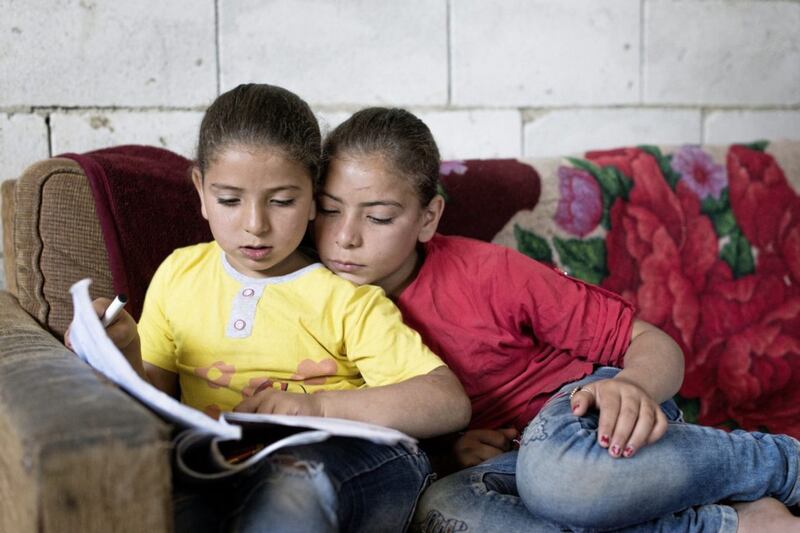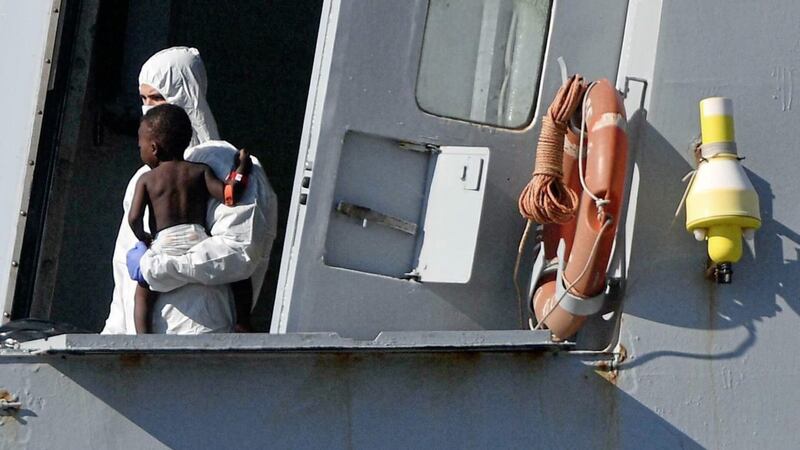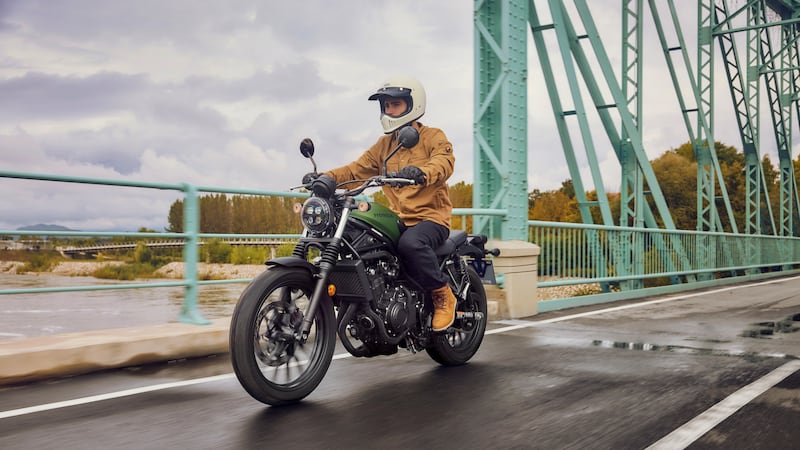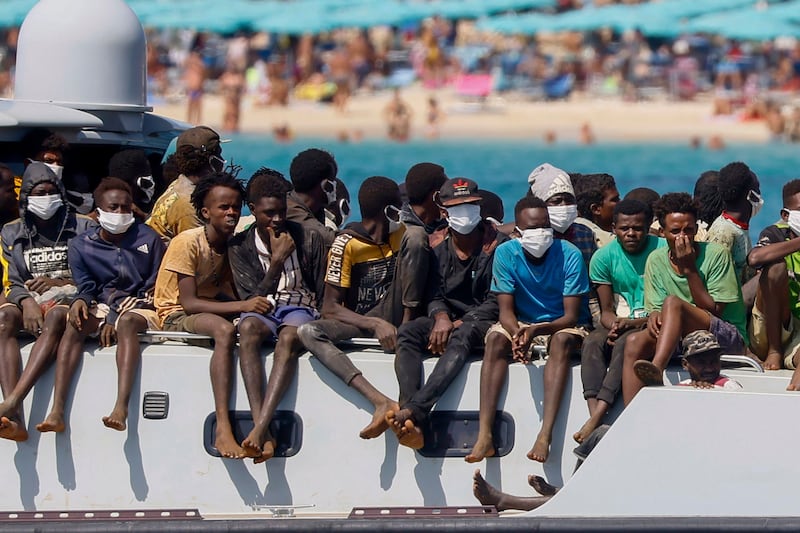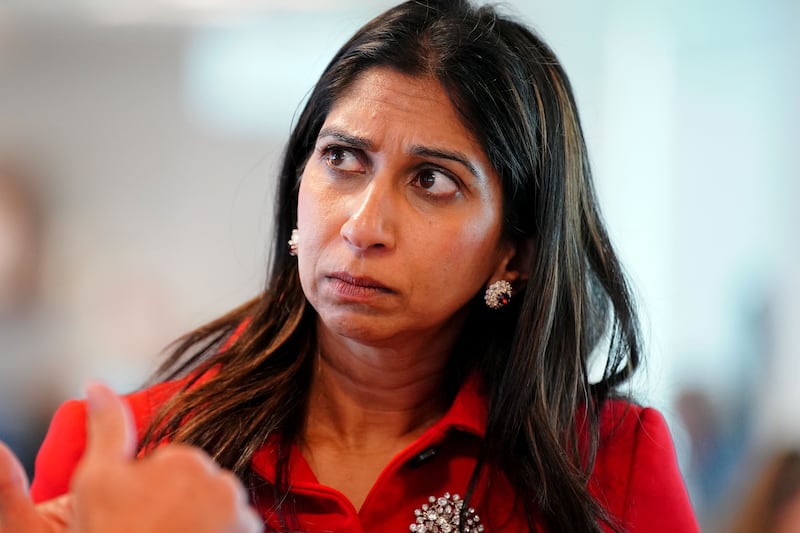A southern border, a trail of desperate migrants and a wall. These are the central components of a story we have become familiar with. But if your mind is jumping to Donald Trump and Mexico, you should think closer to home.
This southern border is Europe's. These desperate migrants are trapped in prison camps in Libya. And this wall is the heartless EU policy that has let children drown and criminalises those who try to help them.
World Refugee Day, marked last week, is a global day to reflect on the lives of the 68.5 million people around the world who have been forcibly displaced from their homes. That amounts to over 10 times the combined population of the Republic of Ireland and Northern Ireland.
At a time when the number of people being displaced by war is growing, the response from people living in peaceful countries is increasingly cold.
The Trump administration receives deserved criticism in Europe for its brutal policing of its southern border, but equal attention needs to be paid to how Europe has responded to desperation in its neighbouring countries.
Our own response has in fact mirrored Trump's approach. De facto walls have been built, borders have been reinforced and the door has been firmly closed on those seeking safety and refuge.
Europe's policy is arguably even more brutal than America's. In 2018, an average of six people died each day trying to cross the Mediterranean.
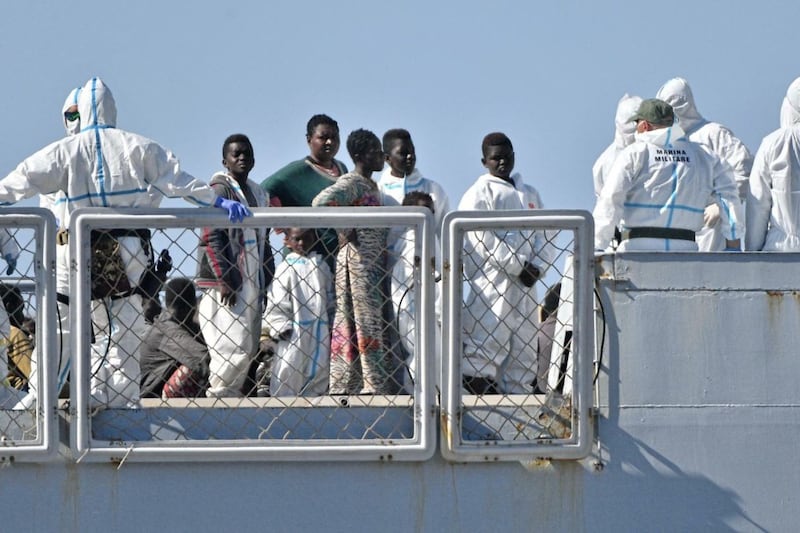
We are not only letting people die, we are criminalising those who try to help them.
Pia Klemp, a captain of a search-and-rescue ship, is facing up to 20 years in jail in connection with her role in saving 6,000 people from drowning in the Mediterranean.
On one of her rescue missions a young boy died. Pia and her staff had to store the boy's body in a freezer.
"Europe didn't give us a port of safety so we had to bob up and down in international waters for several days with that boy in the freezer," she said.
"His mother was on board, and you were really wondering what you are going to tell that woman whose child is in your freezer about the Nobel peace prize-winning European Union."
Elsewhere, people who have provided food and shelter to migrants have been harassed and prosecuted.
Our own response in Europe has in fact mirrored Trump's approach. De facto walls have been built, borders have been reinforced and the door has been firmly closed on those seeking safety and refuge
Caritas, the global body of which Trócaire is a member, have cited examples of this in Belgium, France, Hungary, Greece, Switzerland, Serbia, Spain and along the coast of Italy and Malta.
Seán Binder, a 25-year-old volunteer who spent 106 days in pre-trial detention in Greece, is currently awaiting his trial and could be faced with 25 years in prison if convicted.
"Humanitarian rescue is not criminal, but it also isn't heroic, it's necessary," he said.
Solidarity towards migrants and refugees should be lauded, not criminalised.
European policy-makers must ensure that anti-trafficking or anti-terrorism legislation does not lead to the criminalisation of humanitarian support.
Instead, they should support civil society and promote a welcoming Europe that puts solidarity and respect at the centre of policies.
The upsurge in migration has not appeared out of nowhere. Syria has been destroyed by eight years of brutal war.
Much of Libya is controlled by militias and the refugees in its detention centres come from countries such as South Sudan, which have suffered years of conflict.
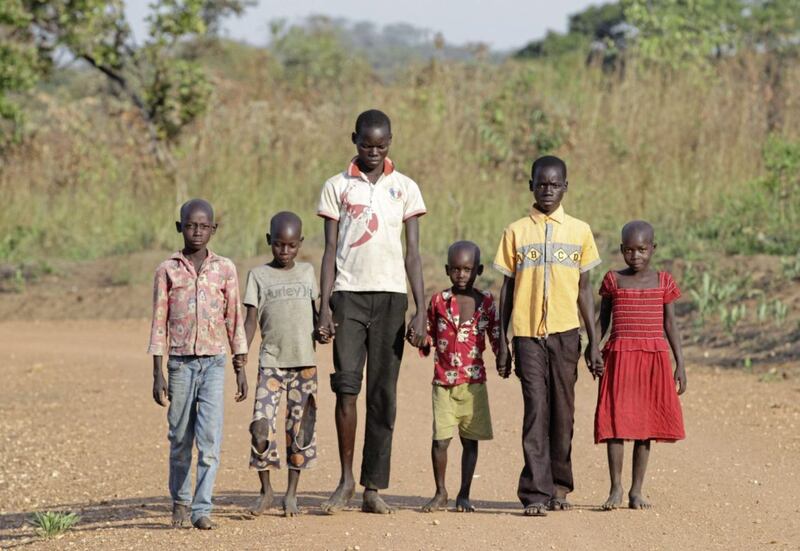
Much of northern Africa has experienced political turmoil and repression, while across East Africa drought and conflict have made life unbearable for millions.
Given our own history, Europe should show compassion to people escaping these brutal situations.
The EU has its roots in the refugee crisis that sprang from the Second World War. Millions of European citizens were displaced; their cities in rubble, their lives in ruins.
Europe must remember its history and stand by its founding values.
- Caoimhe de Barra is chief executive officer of Trócaire
